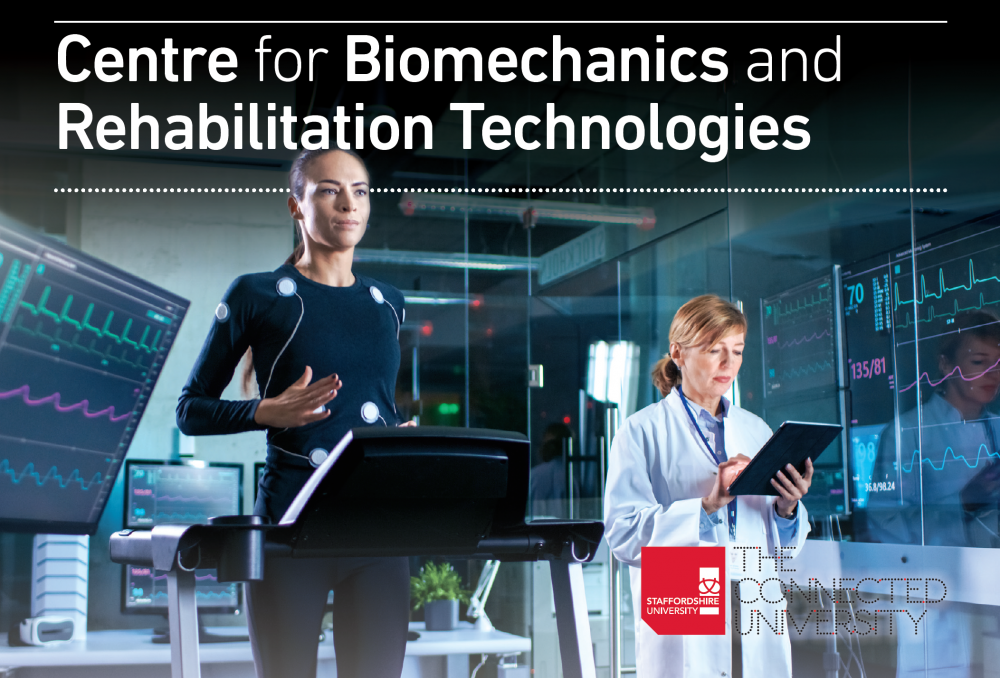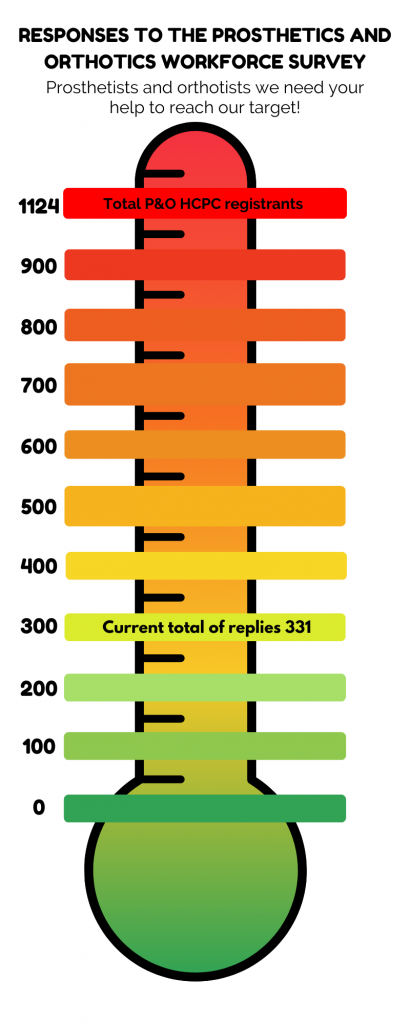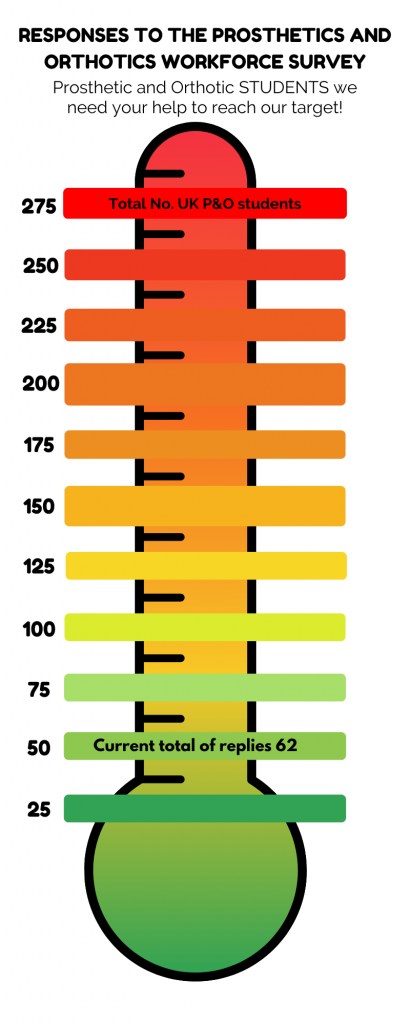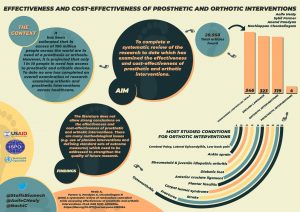A Staffordshire University study has revealed a significant deficit in the number of prosthetists, orthotists, prosthetic and orthotic technicians, and support workers in the UK.
The report by the Center for Biomechanics and Rehabilitation Technologies (CBRT) was formally launched on 6 November 2023.
This research, commissioned by the British Association of Prosthetists and Orthotists (BAPO), found there are currently 631 orthotists and 295 prosthetists employed nationwide. However, an additional 142 to 477 prosthetists/orthotists are needed to meet World Health Organization standards of care.
“This workforce shortage is worrying,” said Professor Nachi Chockalingam, Director of CBRT and a senior author of the study. “With our aging population, demand for prosthetic and orthotic services will only increase. We urgently need strategies to grow and sustain this profession.”
The study also identified a lack of qualified technicians and support workers to support prosthetist/orthotist teams, with a shortage of 1,133 to 1,803 individuals by WHO benchmarks. Significant recruitment challenges were reported by both NHS and private sector employers.
“This landmark report provides the hard evidence we need to take action,” said Dr. Nicky Eddison, lead researcher. “Working with professional bodies, higher education institutions and the industry we must inspire the next generation and make prosthetics/orthotics an attractive career choice.”
The report highlighted concerning retention issues as well, with one in five prosthetists/orthotists indicating they may leave the field in the next five years. Key factors driving attrition include lack of career progression, poor work-life balance and lack of flexibility.
Another senior author Dr. Aoife Healy, added, “Prosthetist/orthotist is an incredibly skilled profession that allows for a high degree of creativity combined with cutting-edge technology to transform patients’ lives.”
Mr. Peter Illif, the Chair of the British Association of Prosthetists and Orthotists said, “We need to nurture these professionals so they feel valued and able to thrive throughout their careers. BAPO has pledged to implement the report’s recommendations around enhanced educational programs, expanded roles for prosthetic/orthotic associates, and greater collaboration to sustain the workforce.”
“With commitment from all stakeholders, we can build the prosthetic/orthotic workforce needed to provide quality care to all who require it,” Professor Chockalingam said. “We look forward to partnering across the health sector to make this vision a reality.”
The full report “Exploration of the UK Prosthetic and Orthotic Workforce’ which is also available on the BAPO website.
Watch the report launch event to hear more about the research from the study’s authors.






